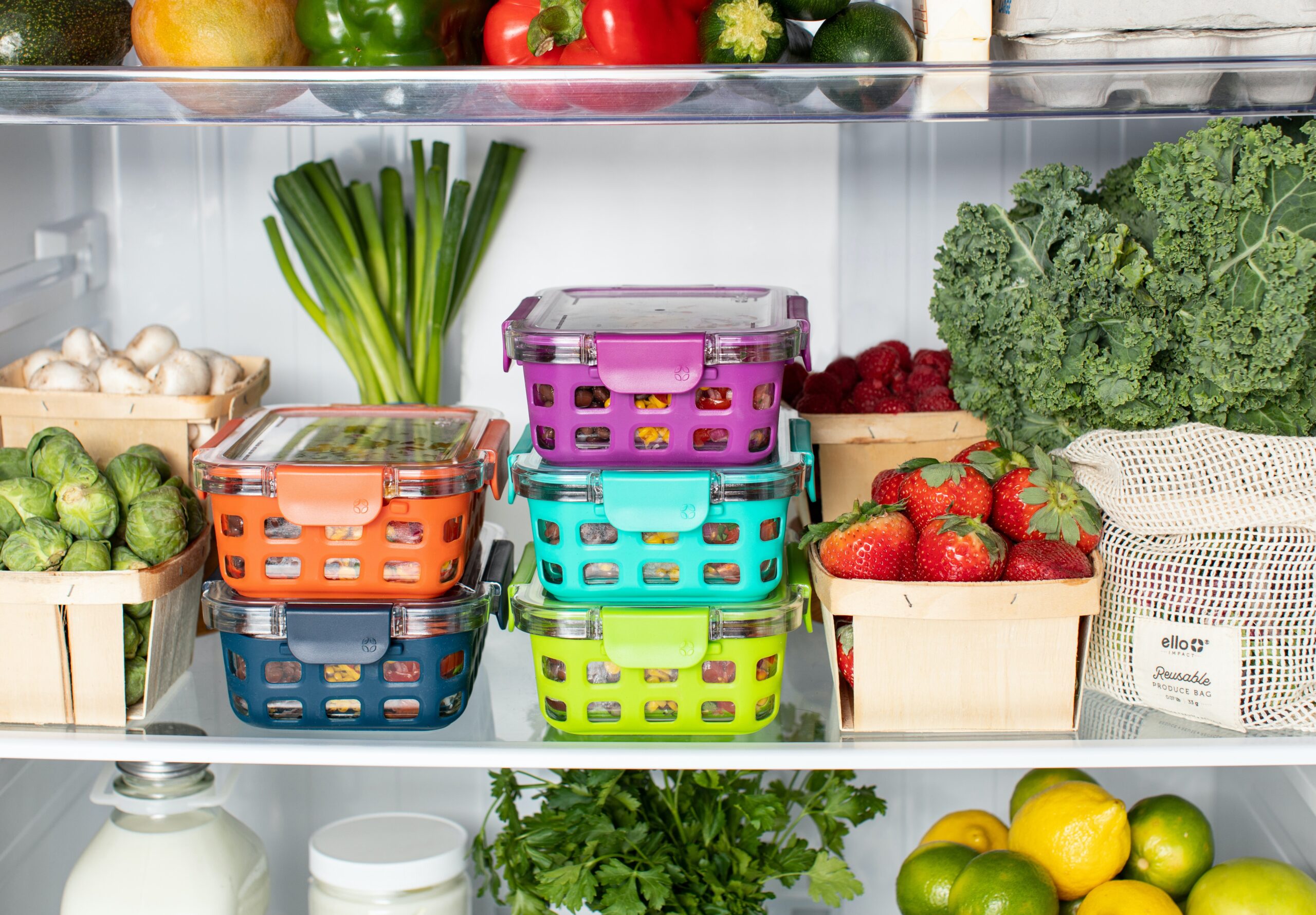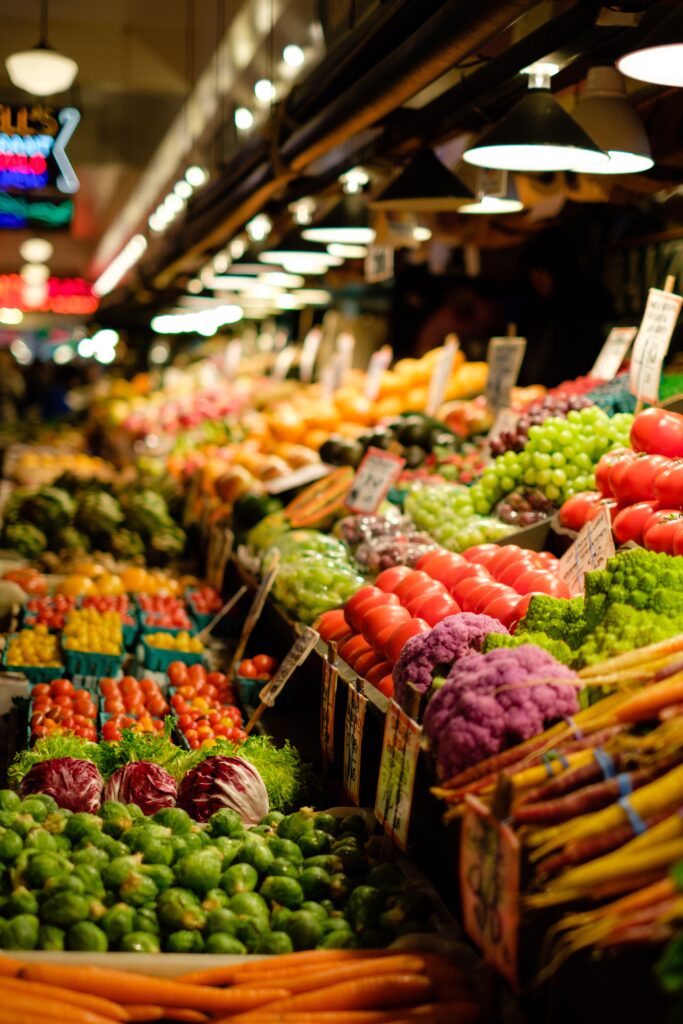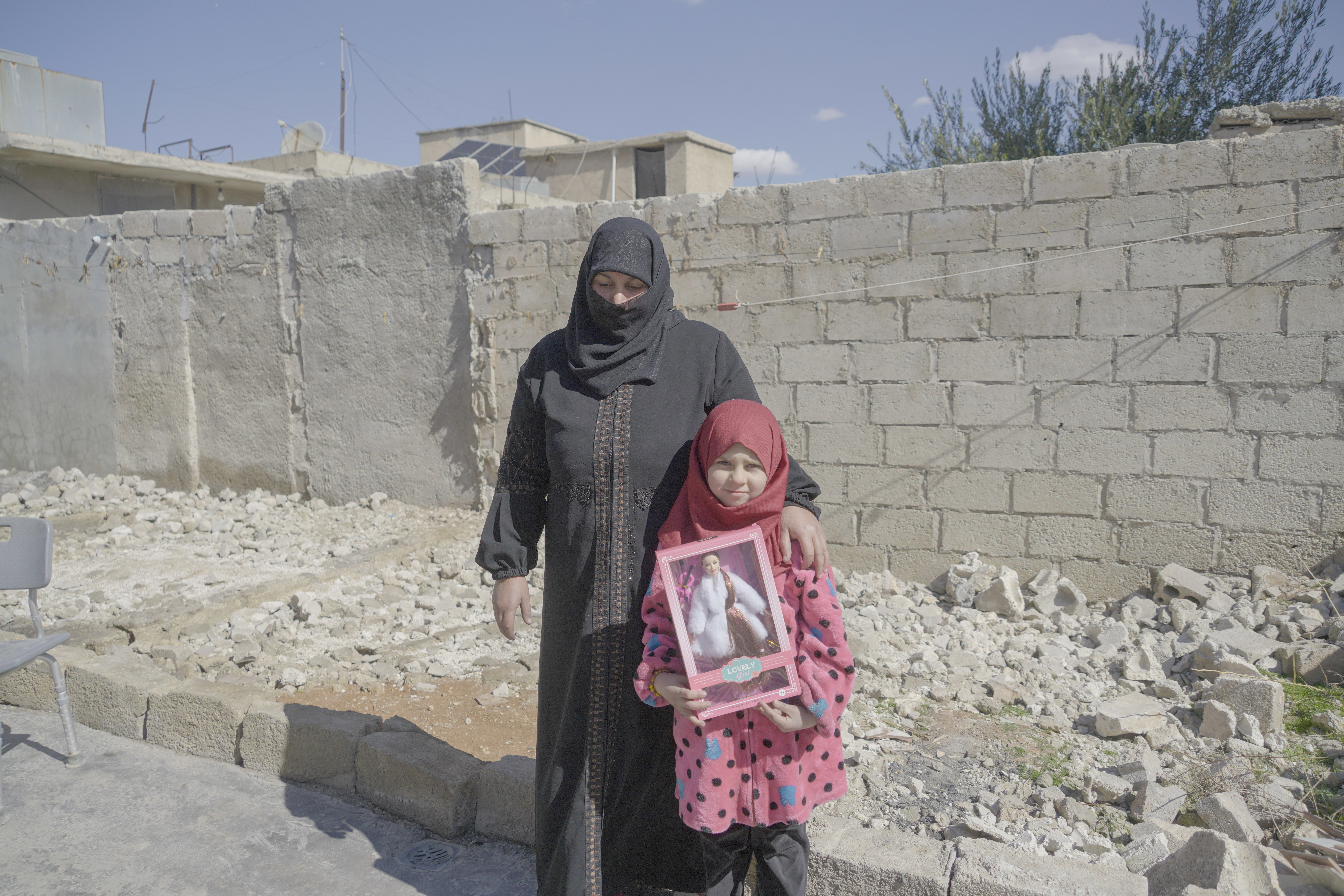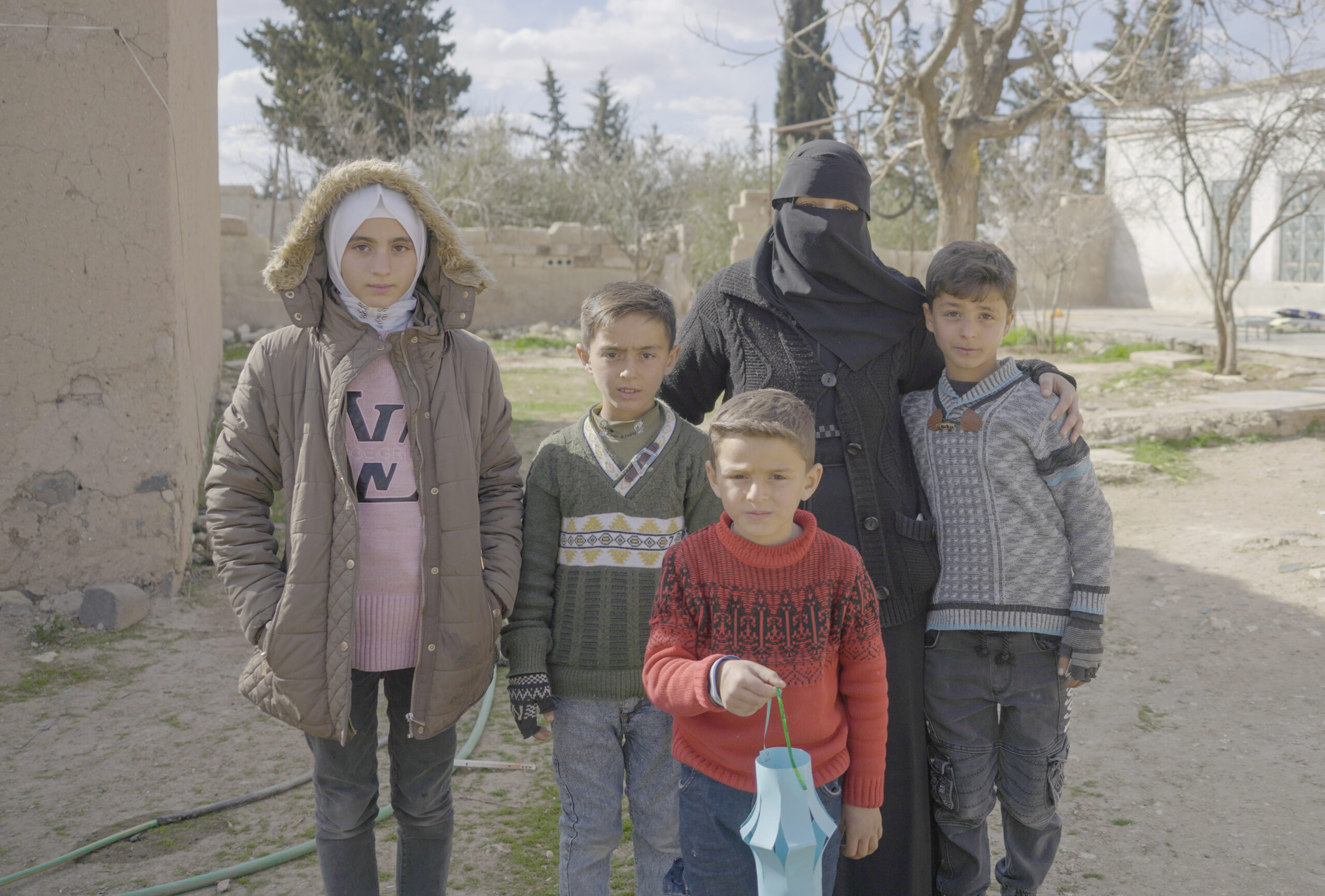
03.16.24
How to Reduce Food Waste During Ramadan
Ramadan is a time of spiritual reflection, increased devotion and self-discipline. It’s also a time when many Muslims come together to share meals as they break their fast.
However, with increased food consumption during the month of Ramadan, it’s easy to fall into the trap of creating more waste than necessary.
The Impact of Food Waste
Food waste has a significant negative social and environmental impact on our planet. According to the United Nations, one-third of all food produced globally is lost or wasted each year. This means that 1.3 billion tons of food, worth nearly $1 trillion, are thrown away annually.
Yet globally, over 800 million people suffer from hunger or malnutrition. And food waste exacerbates this problem by diverting food resources away from those who need them most.
Food waste also accounts for 8% of global greenhouse gas emissions and leads to the waste of water and other natural resources used in food production.
Our teams at Islamic Relief work to support thousands of vulnerable communities worldwide, many of whom are affected by hunger crises and climate-induced disasters.
What Does Islam Say About Food Waste?
In Islam, wasting food is discouraged. Allah (SWT) says in the Quran, “But waste not by excess, for Allah loveth not the wasters.” (Al-Araf, 7:31)
The Prophet (ﷺ) likewise said, “A human being fills no worse vessel than his stomach” (Sunan Ibn Majah) and encouraged the believers to avoid breaking their fast with more than what they can eat.
Therefore, it’s important for us to be conscious of how much food we waste, especially in this month of gratitude and self-reflection. But how do we reduce our day-to-day food waste during Ramadan?
Tips for Reducing Food Waste During Ramadan
Meal Planning
Planning meals in advance can help us to avoid buying too much food. We also save more money, as by planning our meals for the week in advance, we’ll have a shopping list and budget to stick to. Planning also helps to ensure that we eat a variety of healthy and nutritious meals throughout the month.
Shop Wisely
When we do go shopping, it’s important to shop wisely. We can avoid impulse buys by sticking to our shopping list and only buying what we need. Choosing fruits and vegetables that are in season and locally sourced can also reduce the carbon footprint of our food.

Store Food Properly
Proper storage is also key to reducing food waste. By storing food in airtight containers and keeping fruits and vegetables separate, we can extend their shelf life and prevent spoilage. This can save money and reduce the amount of food that we need to throw away.
Serve Smaller Portions
During Ramadan, we may be tempted to overeat, which can lead to food waste. By serving smaller portions and using smaller plates and bowls, we can help to control our portions and reduce food waste. This can also be beneficial for our health and well-being.
Use Leftovers Creatively
Leftovers can be a valuable resource for reducing food waste. We can get creative by turning them into new dishes. For example, leftover rice can be used to make fried rice or rice pudding. This not only helps us waste less food but also adds variety to our meals.
Donate Excess Food
Finally, donating excess food is a great way to avoid wasting food and help those in need. By donating excess food, we can make a positive impact in our communities and support those who are less fortunate.
Islamic Relief and Reducing Food Insecurity
For over 40 years, Islamic Relief has been working to alleviate hunger and reduce food insecurity in some of the world’s poorest and most devastated regions.
These include our emergency relief programs, which provide food packs, as well as access to other basic necessities, to families who are facing conflict, natural disasters or other crises.
In addition to emergency food aid, Islamic Relief also helps provide communities with long-lasting resources that allow them to become self-sufficient. Our teams help communities establish sustainable agriculture practices and become educated and trained in nutrition, health and hygiene, ensuring that the generations after them can also thrive and build bright futures.
The Importance of Reducing Food Waste
In conclusion, Ramadan is indeed a time for spiritual reflection and growth. But it’s also a time to consider our impact on the environment and our communities.
Reducing food waste during Ramadan is not only a way to our gratitude to Allah (SWT) and give to those in need, but it is also a way to contribute to environmental sustainability.
By making conscious choices about food consumption, we can reduce our environmental footprint and make a positive impact on the lives of those most vulnerable, especially those around the world who are struggling with hunger and food insecurity.
Let us strive to make this Ramadan a time of giving, sharing and compassion! May Allah bless us all with His grace and mercy during this beautiful month, ameen!





